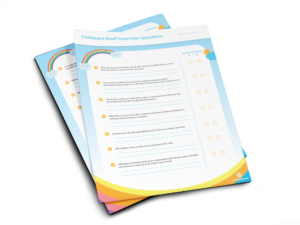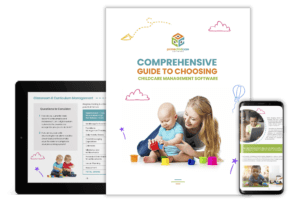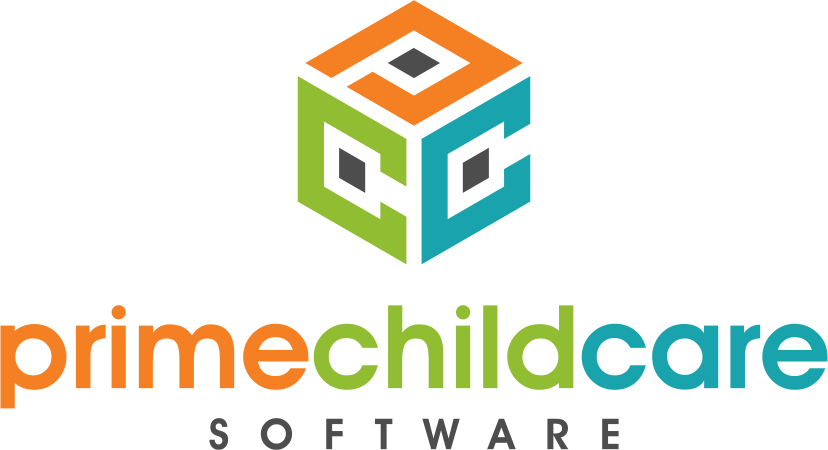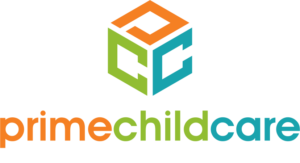Montessori programs offer a valuable educational experience for young children. And, parents get peace of mind knowing their children are thriving in a safe, friendly environment. As a program director or facility owner, you have much to offer your young charges, but how can you increase Montessori enrollment seamlessly? Below, we discuss the role social media marketing can play in helping you reach your enrollment goals.
What Are The Benefits of A Montessori School?
A Montessori program focuses on leveraging innate childhood traits to develop a child’s full potential. These traits include curiosity, creativity, self-discovery, the need for order, and the desire to respond to sensorial input. Montessori education is child-centered, with curriculum developed around the needs and abilities of the child. Specifically, it focuses on four planes of development:
- The First Plane: Birth to Age 6 (Early Childhood/Infancy) “The Construction of Individuality and the Absorbent Mind”
- The Second Plane: Ages 6–12 (Childhood) “Conscious Imagination”
- The Third Plane: Ages 12–18 (Adolescence) “The Development of a Social Identity”
- The Fourth Plane: Ages 18–24 (Maturity) “Maturity in Philosophical and Moral Values”
The History of Montessori Learning
Maria Montessori opened the first Montessori school in 1907 in an impoverished region of Rome. She named her school Casa de Bambini. In her work, she observed that the children (ages three to seven) enjoyed responding to sensorial input. They loved puzzles, gaining mathematical and cognitive skills through hours of play.
When given the opportunity to teach themselves, they thrived. Maria also noticed that, when playing, children focused on processes rather than specific results. Within a few years, Montessori schools opened throughout Western Europe. In America, Montessori made its debut in 1911.
Instead of standing in front of the class and teaching, a Montessori teacher lets students learn at their own pace. In this way, children develop a sense of community that can help them navigate interpersonal situations later in life.
All things considered, a Montessori classroom is highly organized, with each space having a specific purpose. For example, spaces can be dedicated to cultural, language, or practical considerations. The American Montessori Society shows what classrooms should look like at every stage of childhood development.
Leverage the Right Social Media Marketing Strategies to Increase Montessori Enrollment
The benefits of a Montessori education are clear, so it makes sense to want to increase your center’s enrollment. When creating a digital marketing strategy, one of the main areas of focus should be social media. The latter allows you to connect with your audience on a platform that inspires engagement.
Below are five great tips on how to increase Montessori enrollment with social media:
The Platform You Use Matters
Think about what platform your potential customers are using and the type of content that works best for that platform. You may find that many of the millennial parents you’re looking to attract use Facebook or Instagram to keep in touch with friends and the brands they love.
In addition to optimizing your facility’s “About Us” page and posting fun, engaging content, you can use advertisements as a tool to attract more parents. If you’re thinking about advertising on social media, make sure you’re using the right ones in order to get the best reach and the largest return on your investment.
Try Facebook Ads
Facebook has an intelligent advertising platform you can leverage to reach specific age groups, locations, and interests. With Interest Targeting, you can reach specific groups of people based on their interests and the pages they liked. For example, you can target Millennial parents (those aged between 25 to 45 who have liked pages relating to Montessori schools or alternative education).
Make sure your ads have a concise call to action, like “click here to schedule a consultation” or “sign up to attend our upcoming open house.” Those who click on your ad should be taken to a specific landing page providing more information about your event or promotion. Including a call to action can increase your click-through rate exponentially!
Create Engaging Videos
Video is an extremely effective tool in getting the attention of parents, with the demand for video content increasing annually. What better way to show off your beautiful classroom space, introduce your friendly staff, or send parents a message than with videos?
Specifically, videos under two minutes are great for engagement. So, keep it short to tell parents what you have to offer. Video is a chance to be creative. You could give parents tips on learning at home or explain the benefits of a Montessori education. Videos work great on highly visual social media platforms like Instagram and Pinterest.
Recoup Lost Traffic Through Facebook Remarketing
Facebook remarketing gives you another chance to reach out to parents who may be interested in your program. The fact is, somewhere around 96% of the people who visit your website will leave without taking action. With Facebook remarketing, you can get the attention of previous site visitors with targeted ads.
Specifically, Facebook’s tracking pixel allows you to see who left your site without converting.
We know parents have a lot on their minds. In the wake of COVID-19, parents have struggled to balance work, childcare, and ongoing stresses. Perhaps, they were interested in your Montessori proposition but got distracted and didn’t follow through. Or, they lost your contact information. Remarketing is the best way to get them back and potentially turn them into leads. In fact, research shows that people are 70% more likely to take action after they’ve been retargeted.
Use Social Media to Spy on Your Competitors and Increase Montessori Enrollment
90% of brands use social media, so it’s a pretty competitive space. It never hurts to take a look at what your competitors are doing on social media. You’ll get an idea of what’s trending in the Montessori space and gain insight into how your business is actually doing.
First, identify your competitors by conducting general searches on Google or other search engines. From there, find out which platforms they’re using and explore how they use those platforms. You can spy on local and global competitors by using Combin for Instagram. Be sure to look at what kind of content your competitors are posting, how often they post, and how they respond to inquiries. You can also see the specific strategies they use to drive engagement and increase conversions. Both Facebook and Twitter have ad transparency tools that let you see your competitor’s ads.
Finally, study your competitor’s brand voice: what works and what doesn’t. Do a brand analysis or audit. Perhaps, it takes your competitor a while to respond to comments or its “About Us” page is lacking. Essentially, look for weaknesses you can capitalize on.
Work With Prime Childcare to Increase Montessori Enrollment
When you implement new marketing strategies, it’s important to track your progress to gauge their effectiveness. Make sure your goal is clear, concise, and actionable. Instead of saying that you’d like to increase enrollment, make your goal something more specific. This can be increasing your enrollment by 10% in three months or decreasing your churn rate by 5% in two months.
Thus, you can know exactly when your goal was met, how long it took, and what strategies worked best to help you get there. This makes it easier for you to create effective marketing campaigns you can leverage over and over again.
Sure, it may take a little time and experimentation to learn exactly what works. But, as long as you’re keeping track of your efforts and following the above tips, you’re bound to find creative ways to incorporate social media into your marketing strategy. If you’d like to learn more about how to increase Montessori enrollment, contact us today. We can show you how to combine our leading-edge mobile app and the above social media marketing strategies to succeed in a competitive marketplace.
Recent Articles from Prime:
Free eBook – Best Practices for Managing Difficult Parents in Childcare
[dflip id=”88401″][/dflip]
Prime Child Care 3.0
Prime Child Care version 3.0 has been released, and with it come a whole host of new features. Here are some of the highlights… Completely new interface Global search Module home pages Module search Important info at a glance Tools

Staff Interview Questions
As you look to hire new employees for your childcare center, coming up with interview questions can be a struggle. We’ve compiled this free batch of thorough questions to help you get to know your childcare staff candidates, all right at your fingertips.

6 Ways The CARES ACT Benefits Daycare Centers
In this unprecedented time, we have the information you need to keep your facility open. Here are 6 ways the CARES Act can help. … Read More

Comprehensive Guide to Choosing the Best Childcare Management Software
When shopping around for childcare management software, there are a dizzying number of factors to consider: price point, capabilities, and customer support to name a few.
Check out this comprehensive guide to help you find the best childcare management software for you. … Read More
Free eBook – 365 Days of Fun Classroom Activities for Childcare
[dflip id=”88418″][/dflip]












